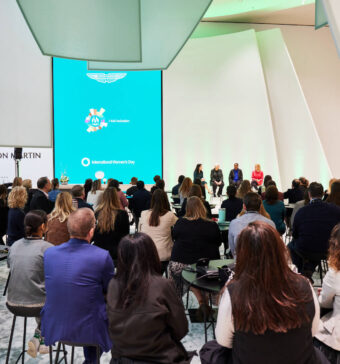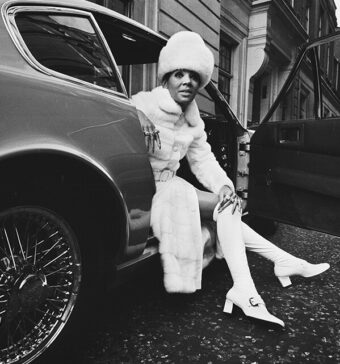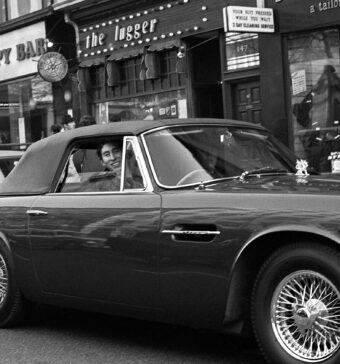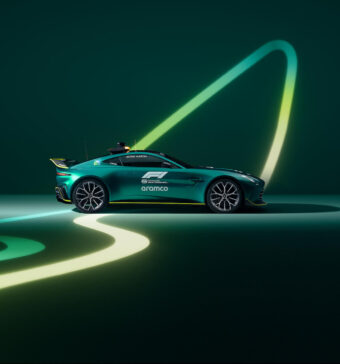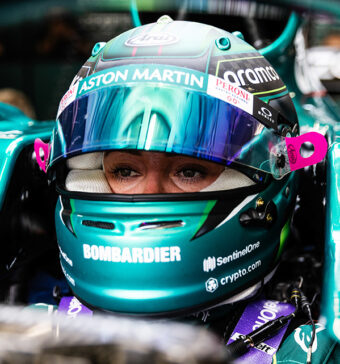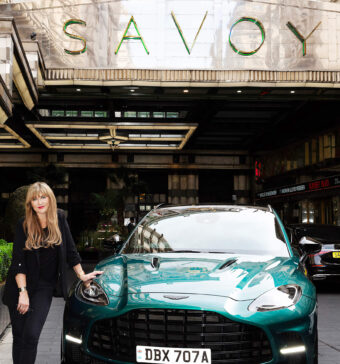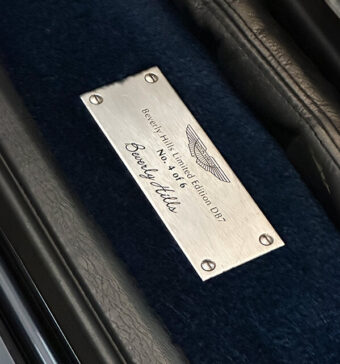When Anne Stevens became a VP at Ford in the nineties, she was the only woman at her level in the automotive industry. Paving the way for talents such as Mary Barra, chair and CEO of General Motors, she continues to be an advocate for equality and diversity in her role as an Independent NED at Aston Martin.
“From my vantage point, I see all industries struggling [with diversity],” Stevens says. “I think in auto, the glass ceiling has been broken a bit in the States with me and then with Barra. I think we’re a little bit behind in Europe although we’re working on it.”
Once considered a ‘man’s world’, motoring is slowly diversifying. Aston Martin has committed to creating a culture of inclusion and tackling key barriers facing women leaders – a subject in which Stevens is well versed.
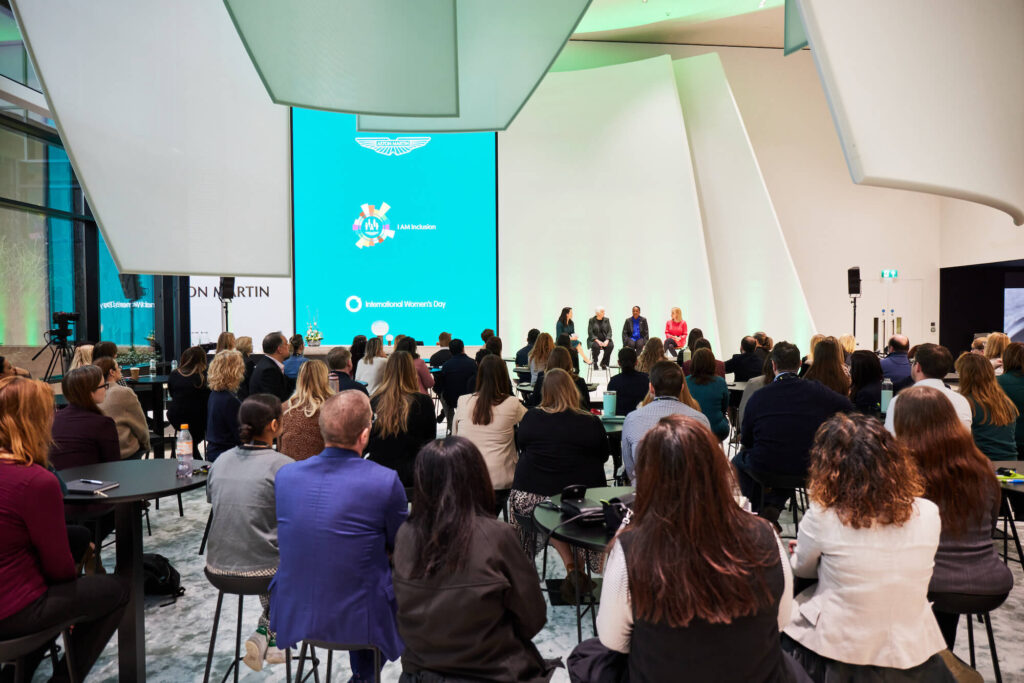
A Woman’s World
When Stevens first obtained a leadership position, she reveals she felt pressured to emanate traditionally ‘male’ characteristics. “I followed two bullies into the position,” she says. “As the first woman, I was following some very aggressive, cigar-smoking, swearing men. At the launch meeting, I tried on this aggressive style, and it didn’t work. I quickly reverted to my style. I’m very assertive and set high standards, and that is no different than the men, I just do it in a different way.”
Liz Miles, Company Secretary & Director of Corporate Governance at Aston Martin, also battled with comparisons to male colleagues. “The struggle I’ve had through my career is that in a number of situations, I’ve not only been the only woman around the table, I’ve also been the quietest voice,” she says. “It took a lot of personal development to realise that if you believe in yourself as a woman – and as a quiet woman – you’ve got a lot of power because when you do speak up, people listen. People want to hear your perspective because you offer a slightly different slant to the conversation.”
Balancing Act
A prominent challenge facing high-flying women in the industry is flexibility and understanding around motherhood. “It’s something that I battle with every single day,” says Miles. “There’s the day-to-day guilt as a mother; the balance is so hard and there’s no there’s no easy solution other than having a great supporting network around you.”
“I have also hit barriers in my career development as a result of being a mother,” she adds, recalling a time she returned from maternity leave only to be labelled a “coaster” for swapping to a four-day-a-week contract. “There was an assumption made that I didn’t want to progress my career, which was frustrating.” As a result, she left the company.
This example demonstrates the importance of company culture when it comes to attracting and retaining the best employees. “Yes, we need to get female representation on the Executive Committee. Yes, we need more women at leadership level. But more important than that is having the right culture where we are going to encourage women to thrive,” Miles says.
“You have to think about what it is you’re offering,” adds Jean Tomlin, an Independent NED at Aston Martin, pressing importance of flexibility and adaptability. “The new generations are demanding an awful lot more and individuals are turning down jobs because you won’t let them work from home three days a week, so we do have to shift and move the boundaries.”
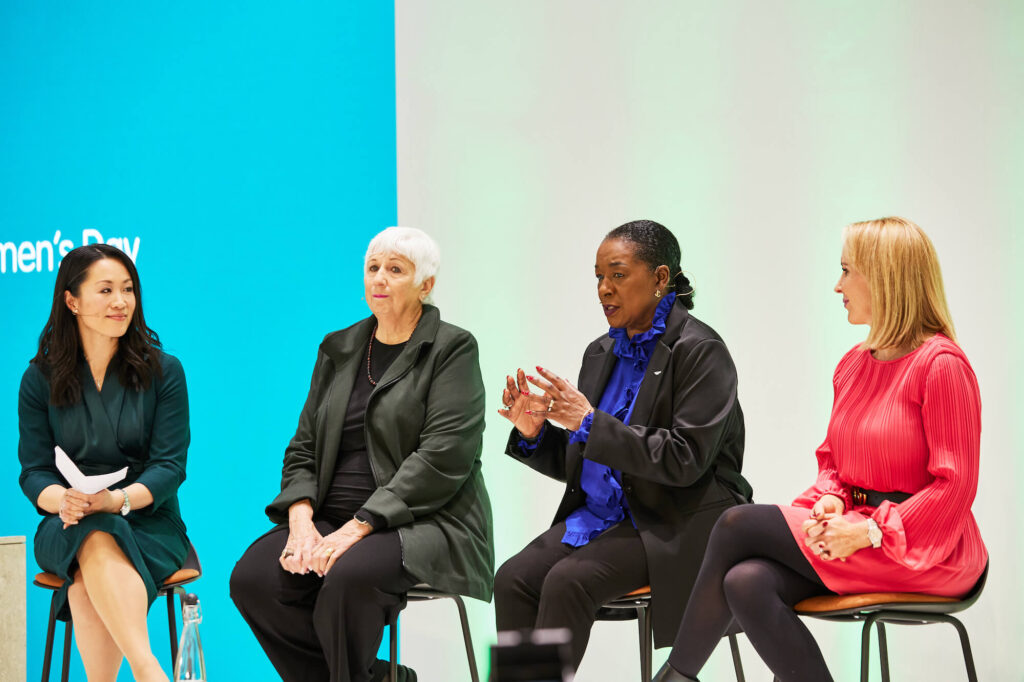
Moving The Needle
Having a supportive leadership team is a key factor in driving diversity and inclusion, Tomlin says. “Having worked with some fabulous men, which has often been the CEO, I’ve noticed that when the men have an open-minded attitude and make comments like, ‘I’m going to make sure that my board has at least 50/50 representation’, that has made a difference.”
Aston Martin’s CEO Amedeo Felisa and Chief People Officer Simon Smith are two such personalities. Both men have backed the company’s ’30 by 30’ promise, which looks set to be on track for its target – at the time of publishing, women representation sat at 17%. “We’re really starting to move the needle,” says Smith. “It is important to the company because we need the best talent we can get. It makes the decisions, the products and the customer experience all the better by having that diversity of thought.”
Looking beyond the current workforce, Miles says Aston Martin aims to support the creation of “the pipeline” by encouraging young women to get into the automotive world, particularly in traditionally ‘male’ areas of the business. “The legal team is 75% women but in areas like engineering, we don’t have that pool of people,” she says. “It’s about focusing on what how we can encourage that talent from a very early age, because if you don’t get them coming up through the organisation, or through industry, they’re not going to be able to step into the leadership positions.”









